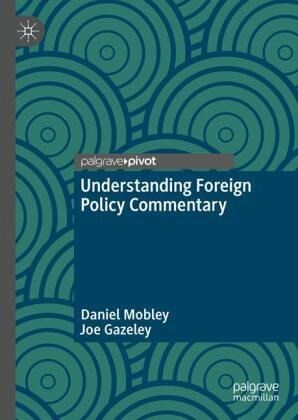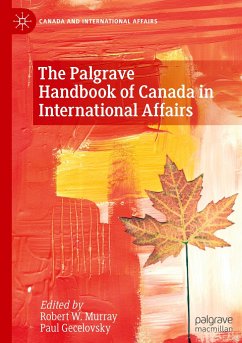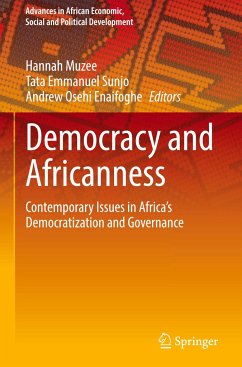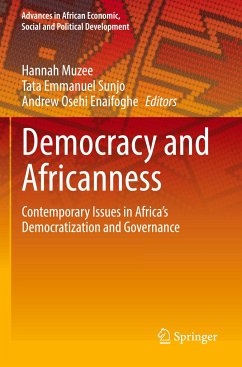
Understanding Foreign Policy Commentary

PAYBACK Punkte
16 °P sammeln!
Drawing on original research, this book introduces the concept of the Foreign Policy Commentariat and explains the significance of the foreign policy commentary articulated in the pages of Foreign Policy and Foreign Affairs magazines. This commentary, presented as distinct from academic analyses, is conceptualized as a discourse that reproduces certain unproblematized understandings of how foreign policy and international relations function.Using intersectional gender and postcolonial approaches, the book examines commentary about the Obama, first Trump, and Biden administrations. Applying the...
Drawing on original research, this book introduces the concept of the Foreign Policy Commentariat and explains the significance of the foreign policy commentary articulated in the pages of Foreign Policy and Foreign Affairs magazines. This commentary, presented as distinct from academic analyses, is conceptualized as a discourse that reproduces certain unproblematized understandings of how foreign policy and international relations function.
Using intersectional gender and postcolonial approaches, the book examines commentary about the Obama, first Trump, and Biden administrations. Applying these critical approaches reveals the particular forms of knowledge and relationships of power reproduced through foreign policy commentary. Through challenging supposedly universal foreign policy concepts, these intersecting theories highlight how foreign policy commentary perpetuates a vaguely realist worldview which, we argue, employs theoretical concepts as facts rather than analytical tools.
As its empirical analysis concludes at the end of the Biden administration, the book also documents the seeming retreat of a post-WWII US foreign policy consensus.
Using intersectional gender and postcolonial approaches, the book examines commentary about the Obama, first Trump, and Biden administrations. Applying these critical approaches reveals the particular forms of knowledge and relationships of power reproduced through foreign policy commentary. Through challenging supposedly universal foreign policy concepts, these intersecting theories highlight how foreign policy commentary perpetuates a vaguely realist worldview which, we argue, employs theoretical concepts as facts rather than analytical tools.
As its empirical analysis concludes at the end of the Biden administration, the book also documents the seeming retreat of a post-WWII US foreign policy consensus.












